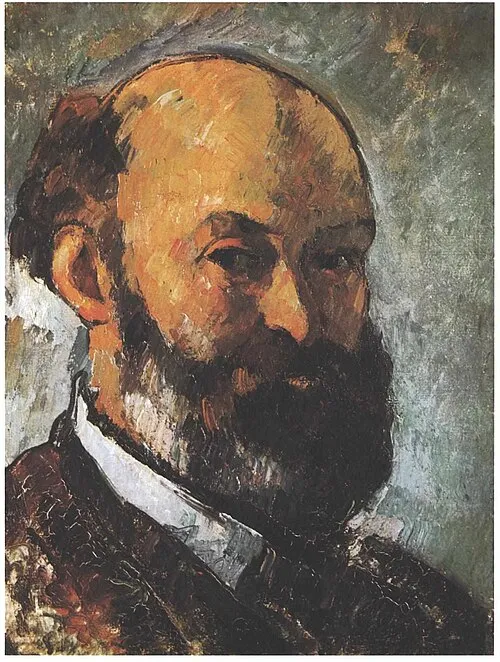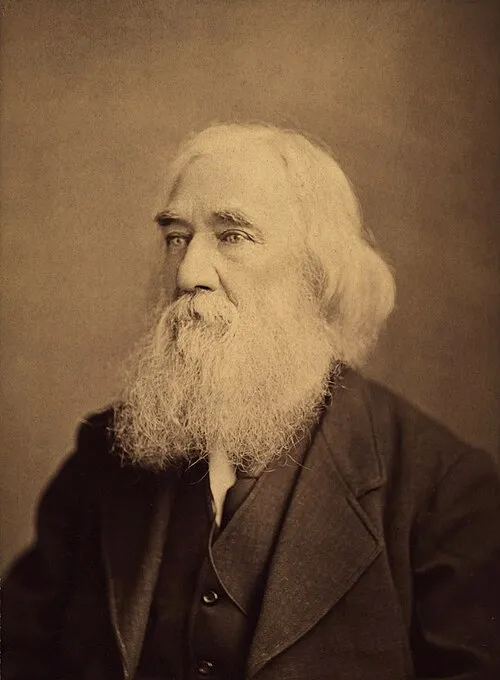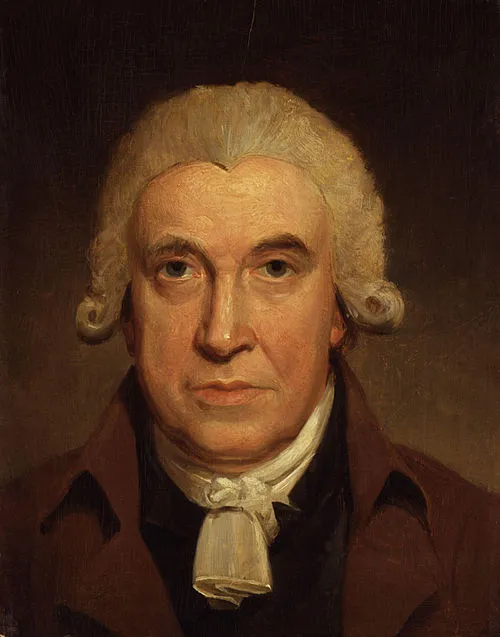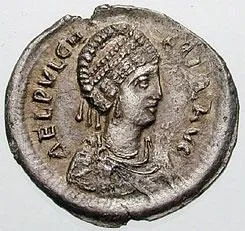
Name: Werner Sombart
Birth Year: 1863
Death Year: 1941
Nationality: German
Profession: Economist and sociologist
Werner Sombart: A Journey Through Economic Thought
In the year 1863, a child was born into a world brimming with change. Werner Sombart arrived in the bustling city of Berlin, a place that thrived on ideas and innovation. However, the Germany of his youth was not merely an incubator for thoughts; it was also a cauldron of conflicting ideologies. The Industrial Revolution had gripped Europe, and this young boy would soon find himself at the intersection of commerce, sociology, and philosophy.
Sombart’s education began at home under the watchful eye of his parents who encouraged intellectual curiosity. He devoured books and immersed himself in discussions that roamed across political economy and social sciences. Ironically, while he grew up amid burgeoning capitalism, it was his later critique of this very system that would define his legacy.
As he entered university life in 1882 at the prestigious University of Berlin, Sombart encountered leading figures such as Georg Simmel and Gustav Schmoller both instrumental in shaping his intellectual pursuits. Here lies an interesting facet: despite being surrounded by scholars advocating for different schools of thought, Sombart managed to forge an identity rooted deeply in empirical research blended with sociological insight.
The Birth of Ideas
His first major work came forth when he published “Der moderne Kapitalismus” in 1902. This ambitious text examined capitalism not merely as an economic system but as a cultural phenomenon perhaps one could argue that this notion remains relevant today as we analyze global economics through lenses like globalization or digital currencies.
However, it wasn’t just about numbers or market forces for Sombart; he believed culture shaped economic behavior. He famously posited that “the spirit of capitalism” stemmed from unique cultural traits distinct to Western society a viewpoint that polarized opinions among contemporaries who debated whether material conditions or cultural values played a larger role in human affairs.
A Controversial Figure
Despite this pivotal work establishing him among notable economists like Max Weber who had his own theories about capitalism Sombart often found himself entangled in controversies surrounding Marxism and nationalism. As political upheavals rocked Europe during World War I, one cannot ignore how these events might have influenced his thoughts on national identity within economic frameworks.
He penned another significant text titled “Die Juden und das Wirtschaftsleben” published in 1911 where he explored Jewish contributions to economic development throughout history a topic fraught with sensitivity even then! Who knows how much deeper dialogue around ethnicity’s role in economics has evolved since those days? Yet some critics labeled him anti-Semitic based solely on interpretations taken out of context!
Sociology Meets Economics
Sombart’s work stretched beyond mere economics into sociology itself! During times when many viewed these fields separately it was through synthesizing them together that he produced rich insights into societal dynamics associated with capitalistic practices. For instance: In post-war Germany where social unrest prevailed after losing WWI…his perspectives seemed prophetic as they highlighted conflicts between classes driven by material disparities!
“The capitalist spirit is not merely about profit-making; it reflects deeper societal values.” Werner Sombart
The Interwar Years
The interwar period represented both opportunity & challenge for thinkers like Sombart whose intellectual pursuits faced backlash from emerging ideologies threatening traditional views particularly Fascism rising throughout Europe! Ironically enough though the same age-old questions surrounding class struggle remained ever-present! Could capitalist societies sustain themselves without addressing fundamental inequities?
This dilemma inspired him to delve further into socialism not necessarily advocating its principles outright but rather examining its implications within contemporary society through works such as "Sozialismus" (Socialism) published shortly before WWII erupted across continents!
A Respected Scholar Amidst Chaos
The years following Hitler's rise brought uncertainty yet somehow added weight behind scholars challenging oppressive regimes via academia – here we see another layer emerge around individual courage manifested within thought leadership amidst crises endured globally… This underscores how vital understanding past narratives could be today especially considering ongoing debates revolving sustainability versus exploitation under present-day capitalism!
A Final Chapter: The Legacy Endures
Sombarts' later years saw recognition albeit nuanced due partly due shift towards more diverse perspectives emerging during mid-20th century onwards which provided broader dialogues surrounding economic theories including feminism/Marxist critiques slowly gaining traction amongst progressive circles worldwide - who knows where conversations will lead us next? Your guess may be just as good yet findings seem inevitable… As academic environments transform along generational shifts so too must our approaches towards learning remain flexible aligning original ideas against modern realities encapsulated richly via historical contexts seen throughout disciplines evolving hand-in-hand allowing room creativity flourish alongside tradition becoming entwined intrinsically over time enriching knowledge acquired - it's complex yet beautiful journey lived daily illuminating paths forged long ago culminating present offerings held dear whilst cherishing those passed before us….









